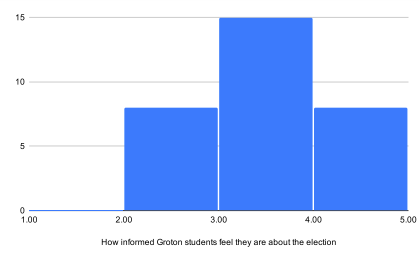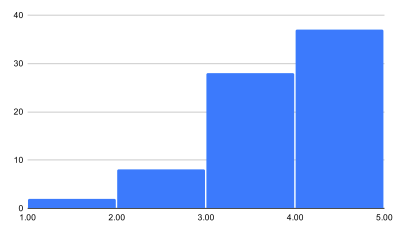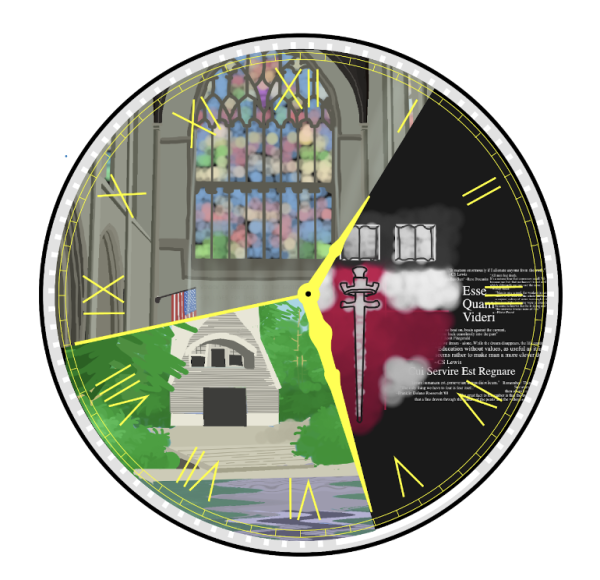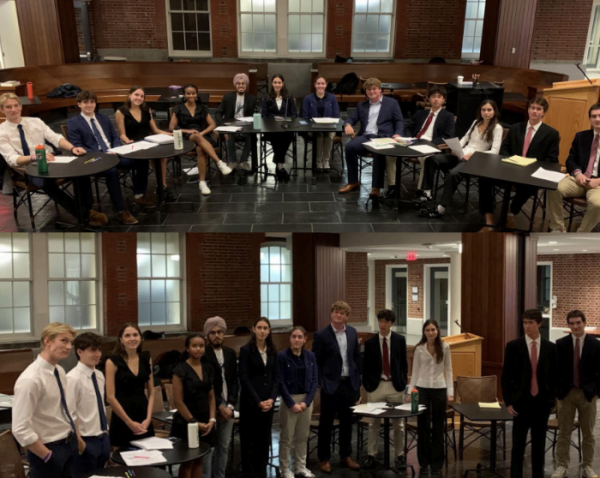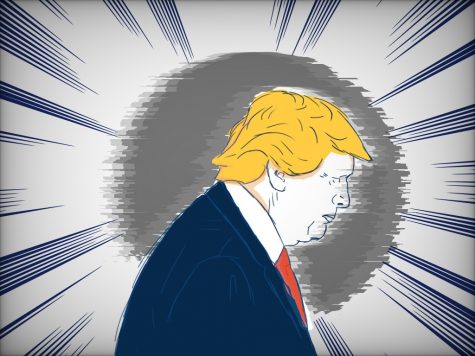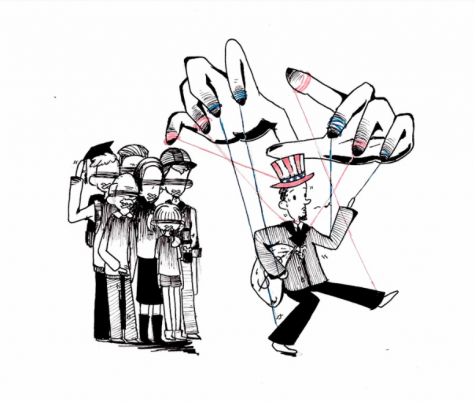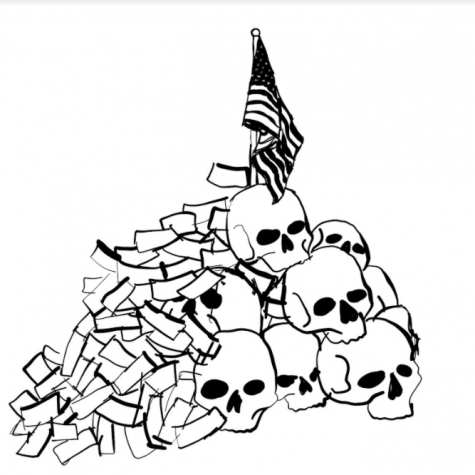Groton School Primary
If Groton School voted as a district in the presidential primary, who would it elect?
As the Democratic nominee field continues to narrow, many students and teachers engage in political discussions inside and outside of the classroom. The geographical diversity of Groton’s student body is accompanied by a similarly wide range of backgrounds and opinions, which stimulate these dynamic discussions.
To gain an overview of students’ political opinions on campus, The Circle Voice conducted a poll after Super Tuesday. All students, by form and then by last name, were assigned numbers; a randomized number generator then picked 40 students. Out of this sample, 60.0% of students in identified as Democrat, 31.4% as Independent, and 8.6% as Republican.
Last month, before the South Carolina primaries, The Circle Voice sent out a similar survey to the same individuals. In that poll, all six of the Republican voters said they would re-elect President Donald Trump. Of participants who said they would vote for the Democratic Party, Pete Buttigieg led with 40%, Michael Bloomberg followed with 23.3%, Bernie Sanders had 13.3% and Elizabeth Warren and Joe Biden had 10% each.
In the post-Super Tuesday poll, however, only half of the eight Republican voters said they would re-elect President Donald Trump. After several moderates dropped out and endorsed Biden, including Groton’s front-runner Buttigieg, Biden was the leading candidate with 39.3% while Sanders was in second place with 25%. If the moderate candidates’ and progressive candidates’ votes were combined (i.e., Biden with Bloomberg and Sanders with Warren), 50% of Democrat or Independent participants voted for moderates while 35.7% voted for progressives.
According to the second randomized poll, Groton students are more united on what issues are most important to them in the election than they are on a candidate: 42.9% of participants selected climate change. 14.3% selected the economy –– a distant second.
The Circle Voice also sent out a similar survey to the fifth and sixth forms (the students who are most likely eligible to vote in this election cycle). The results parallel those from the smaller, randomized poll. There were a few notable differences, however. The first was that 57.3% of the fifth and sixth formers who responded rated their understanding of the primaries a four or a five (with five listed as being “completely informed”); only 34.3% of participants in the post-Super Tuesday randomized poll answered the same way, suggesting that Groton students naturally seek to become more informed the older they get. The second significant difference is that 11.2% of students also said healthcare was the most important issue for them, coming in third behind climate change (44.9%) and the economy (14.6%).


